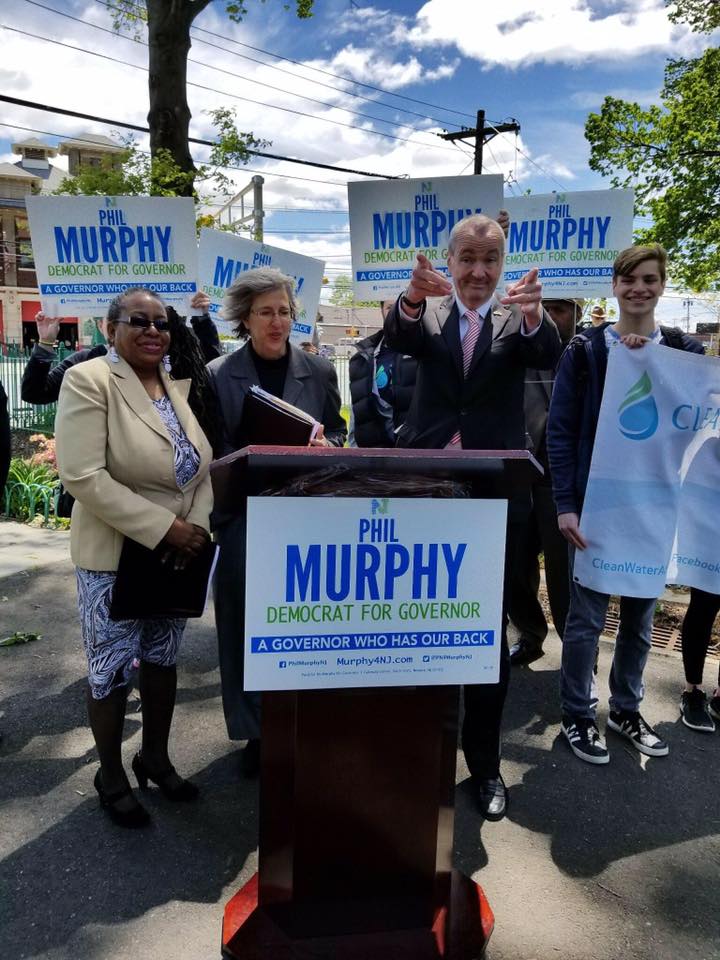
Governor Murphy Signs Executive Order Requiring All ISPs that Contract With New Jersey to Adhere to Fake Net Neutrality Principles
February 6, 2018
the staff of the Ridgewood
Trenton NJ, in another huge step backwards for New Jersey ,Governor Phil Murphy signed an Executive Order mandating that all Internet Service Providers (ISPs) that do business with the State of New Jersey follow the principles of net neutrality, a critical step in securing a free and open Internet for state residents.
Murphy once again shows he is a dangerous threat to personal freedom .
Governor Murphy’s Executive Order responds to a recent decision by the Federal Communications Commission (FCC) to rescind net neutrality and potentially limit access to the Internet, allow companies to pay more to have their content treated favorably, or force consumers to pay more to access websites.
Murphy seems dead set to attempt to limit choice and control and manipulate internet searches instead sending New Jersey backwards with fake “Net Neutrality”.
Making the straw man argument, “We may not agree with everything we see online, but that does not give us a justifiable reason to block the free, uninterrupted, and indiscriminate flow of information,” Governor Murphy said. “And, it certainly doesn’t give certain companies or individuals a right to pay their way to the front of the line. While New Jersey cannot unilaterally regulate net neutrality back into law or cement it as a state regulation, we can exercise our power as a consumer to make our preferences known.”
Governor Murphy’s Executive Order will make New Jersey the third state –along with New York and Montana—to mandate that ISPs adhere to net neutrality rules or lose the ability to contract in state. The Executive Order will apply to all contracts between state entities and ISPs that are executed on or after July 1, 2018. The Attorney General’s Division of Consumer Affairs will work with the Division of Purchase and Property to carry out the Executive Order and monitor its enforcement.
Desperate to limit and manipulate what you can access on the internet ,Governor Murphy’s Executive Order coincides with an announcement from Attorney General Gurbir Grewal who today announced that New Jersey will join 21 other states and the District of Columbia in a lawsuit aimed at blocking the FCC’s rollback of net neutrality. That lawsuit was filed by New York Attorney General Eric Schneiderman in December.
With your freedom in their sights Murphy says , “We are committed to taking whatever legal action we can to preserve the internet rights of New Jersey consumers, and to challenge the federal government’s misguided attack on a free and open internet,” said Attorney General Grewal. “Our position is that the Federal Communications Commission acted arbitrarily and against the evidence before it when doing its about-face on net neutrality.”













